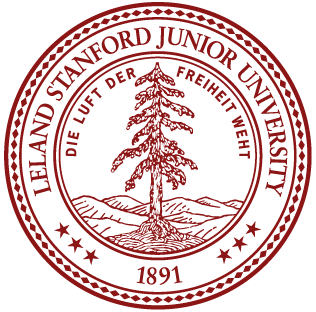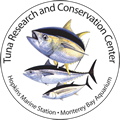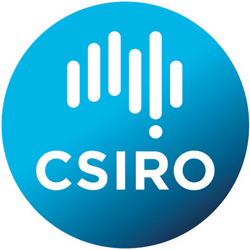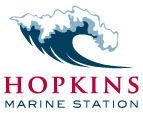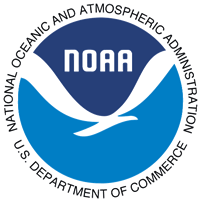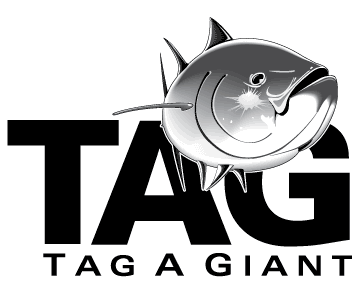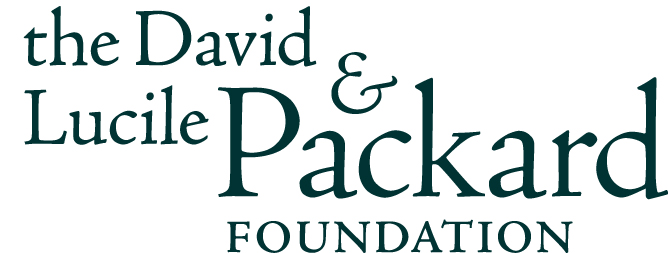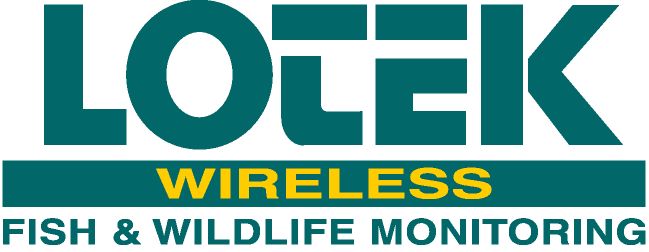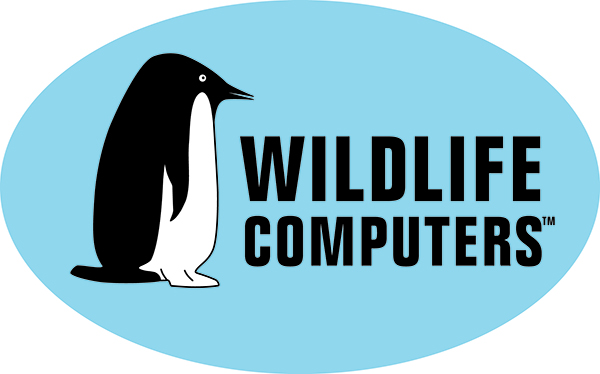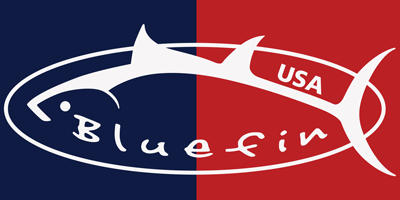Josh Silverman
Session 9, Talk 5, 20/1/16 @ 0900 hrs
By 2050, 9.6 billion people will demand 60% more protein than is currently available. Further, arable land and water are finite resources and while crop yields continue to increase, new sources of protein will be required to meet this growing demand. Aquaculture represents an attractive approach to improving the food supply while protecting natural resources, but feeds for carnivorous species such as salmon and tuna will require high quality protein which currently is sourced from fish meal derived from wild forage fish. Calysta has developed the world’s only commercially validated gas fermentation platform using specialized microorganisms (methanotrophs) which efficiently convert methane to high quality protein (FeedKind) with properties similar to fish meal. Methane is a highly sustainable feedstock, with a greenhouse gas impact approximately 34x worse than CO2. Methane does not compete with the human or native ocean food chain and Calysta’s process has minimal impacts on land and water usage. Feedkind has been used extensively in salmon diets and provides increases in growth rates and animal health relative to fish meal or other alternate protein sources. These effects are potentially also applicable to tuna, and Calysta is working to develop an optimized feed formulation to support tuna aquaculture that uses zero marine-sourced ingredients.
Contact: J. Silverman, Chief Technology Officer and Founder, Calysta, USA, This email address is being protected from spambots. You need JavaScript enabled to view it.
